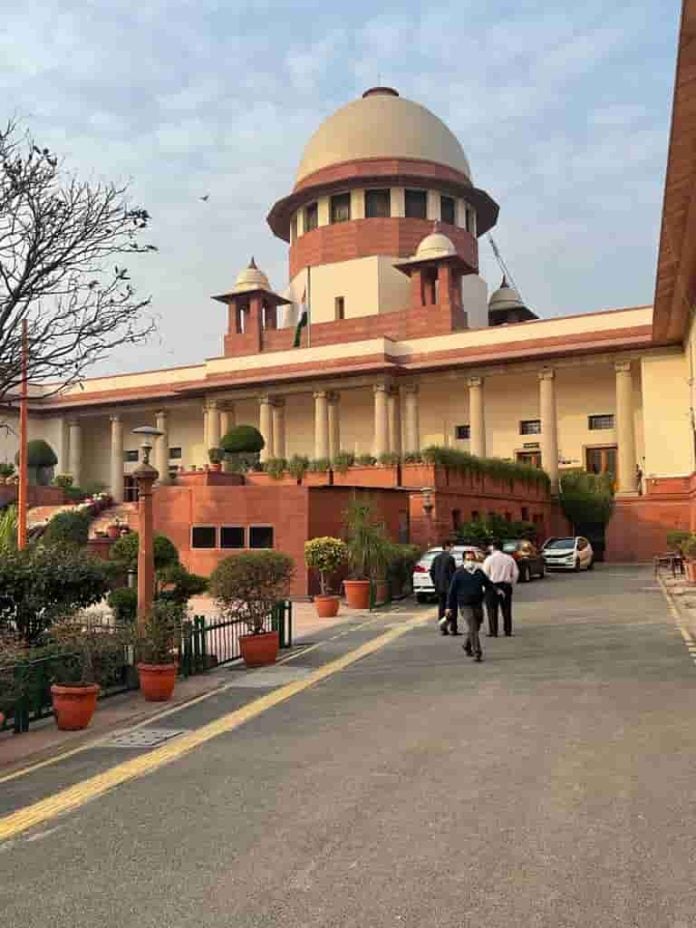The Supreme Court has ordered 23 Indian Institutes of Technology and the Union of India to follow the reservation policy under the Central Educational Institutions (Reservation in Teachers’ Cadre) Act, 2019 for admission to research degree programmes and recruitment of faculty members.
Delivering the verdict on December 5, the Bench of Justice M.R. Shah and Justice C.T. Ravikumar noted that the Act was established to provide reservation for direct recruitment of candidates from the Scheduled Castes, the Scheduled Tribes, socially and educationally backward classes and the economically weaker sections in Central Educational Institutions.
The order was passed on a petition filed by one Sachchida Nand Pandey in 2021, seeking direction to the respondents to follow the Reservation Policy in admission to research degree programmes and recruitment of faculty in the IITs.
The plea was moved through Advocate-on-Record Ashwini Kumar Dubey, alleging that the IITs were completely violating the reservation policies envisaged under the 2019 Act, to the extent of 15 percent to the SC, 17 percent to the ST and 27 percent to the OBCs.
The Apex Court had earlier issued notice to the Respondents. In response, the Union government filed a counter affidavit on behalf of IITs, stating that in line with the 2019 Act, reservation was being provided with respect to all Central Educational Institutions, including the IITs.
While disposing of the matter, the top court of the country directed proper implementation of the Act.
The petitioner had contended that the IITs were not following a transparent process for the recruitment of faculty members.
The plea noted that non-deserving candidates had entered these prestigious institutions through connections, which could increase corruption, favouritism and discrimination, affecting the internal ranking and technological growth of the country.
It alleged that the current process of taking admissions in research programmes and appointment of IIT faculty members was completely ‘unconstitutional, illegal and arbitrary’.
The petition further sought to cancel the appointment of non-performing faculty due to violation of reservation norms and formulation of a transparent recruitment policy.


